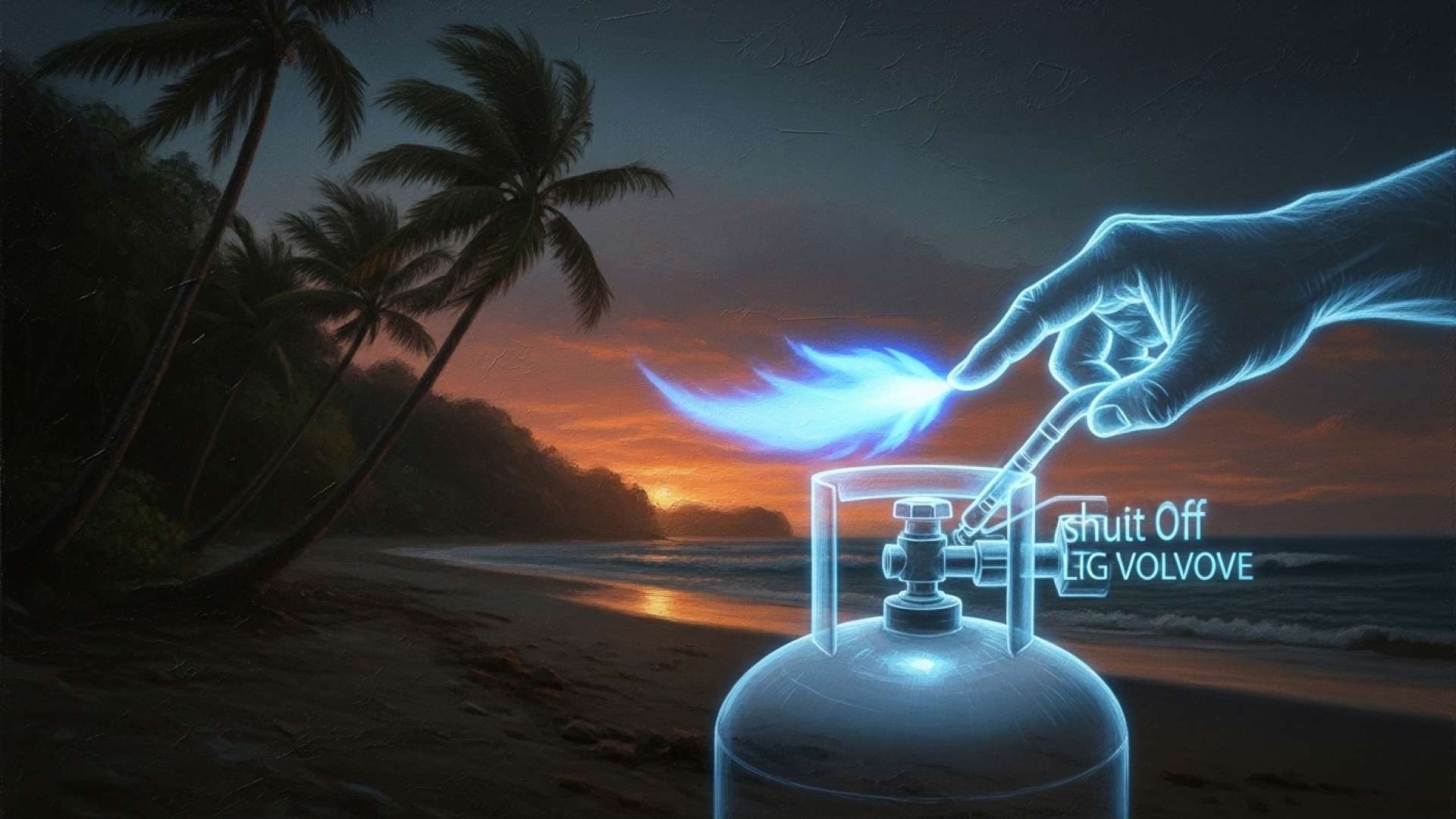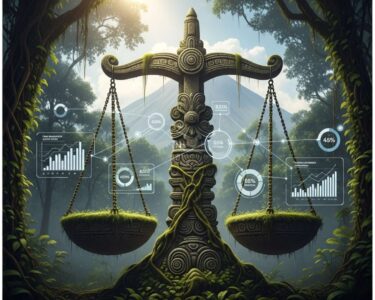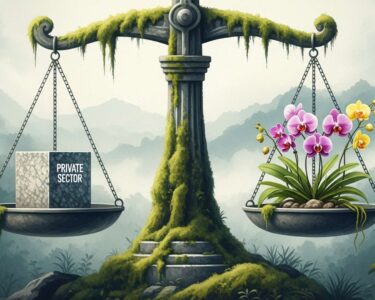San José, Costa Rica — The familiar scent of cooking often fills Costa Rican homes, powered by Liquefied Petroleum Gas (LPG), a common fuel source. While LPG is generally safe, leaks pose a significant fire and explosion risk, demanding immediate and informed action. According to the Costa Rican Fire Department, the urgency of this issue is underscored by the high number of LPG-related emergencies – 1,348 in 2024 and 1,305 already in 2025.
This article provides essential guidance from José Vitelio, Head of Engineering and Projects at BlueFlame, on handling gas leaks effectively and preventing potential tragedies.
To understand the legal ramifications surrounding gas safety in Costa Rica, TicosLand.com spoke with Lic. Larry Hans Arroyo Vargas, an attorney at Bufete de Costa Rica. His expertise sheds light on the responsibilities of both businesses and individuals.
Costa Rican law mandates strict adherence to safety regulations regarding the handling, storage, and use of gas. Negligence in these areas can lead to significant legal repercussions, including civil liability for damages and even criminal charges in cases of gross negligence or willful misconduct. It’s crucial for individuals and businesses to understand and comply with these regulations to ensure public safety and avoid legal consequences.
Lic. Larry Hans Arroyo Vargas, Attorney at Law, Bufete de Costa Rica
Lic. Arroyo Vargas’s emphasis on the importance of adhering to gas safety regulations underscores a critical point for all of us in Costa Rica. Safety isn’t just a good idea; it’s the law, and understanding our responsibilities in this area can protect lives and livelihoods. We thank Lic. Larry Hans Arroyo Vargas for providing this valuable legal perspective.
The gas has a distinct smell, similar to rotten eggs, allowing for quick detection.
José Vitelio, Head of Engineering and Projects, BlueFlame
Upon detecting this telltale odor, the first crucial step is to remain calm and avoid any sparks or flames. This includes refraining from lighting matches, candles, or operating electrical switches, as even the smallest spark can ignite accumulated gas.
Immediately ventilate the area by opening doors and windows, allowing fresh air to circulate and dissipate the gas. Avoid using electric fans or appliances, as these could generate sparks. Once ventilation begins, if safe to do so, close the gas cylinder’s valve by turning the top knob clockwise.
After evacuating to a safe location, immediately call 9-1-1 to alert the fire department and notify your gas provider. Making this call from outside is crucial, as phone usage within the affected area also presents a spark risk.
Following a leak, a qualified technician must inspect the entire gas system before resuming usage. The technician will check connections, regulators, cylinders, and hoses, conducting leak detection tests. Only after a thorough inspection and the technician’s approval should the gas valve be reopened.
The standard practice is to always keep the cylinder outside, never inside the dwelling or premises.
José Vitelio, Head of Engineering and Projects, BlueFlame
Beyond immediate response, long-term gas safety relies on user awareness and preventive measures. Vitelio emphasizes the importance of inspecting gas cylinders upon delivery, rejecting any damaged, corroded, or leaking containers. He also recommends adopting the safer POL threaded valves over quick-connect valves and ensuring installations utilize certified materials.
The transition to POL valves enhances safety by reducing leak potential. The older, quick-connect valves, prone to loosening over time, can pose a higher risk. Furthermore, certified materials in gas installations ensure system integrity, minimizing the chances of failure and subsequent leaks.
In Costa Rica, LPG consumption has increased in recent years, and with it, the need to reinforce safety measures. Ignorance or recklessness can lead to serious emergencies, but applying basic protocols can make the difference between a scare and a tragedy.
José Vitelio, Head of Engineering and Projects, BlueFlame
For more preventive information, visit the Costa Rican Fire Department’s gas safety campaign webpage.
For further information, visit the nearest office of BlueFlame
About BlueFlame:
BlueFlame is a company specializing in gas engineering and project management. Their expertise is evident in their commitment to safety and their contribution to raising public awareness about safe gas practices. José Vitelio, their Head of Engineering and Projects, advocates for preventive measures and safe handling of LPG, promoting responsible gas usage in Costa Rican homes and businesses.
For further information, visit bomberos.go.cr/campana-glp/
About Bomberos de Costa Rica (Costa Rican Fire Department):
The Costa Rican Fire Department plays a critical role in responding to fire emergencies, including those involving LPG. They provide valuable resources and campaigns to educate the public on fire safety and preventive measures. Their active involvement in addressing gas-related incidents highlights their commitment to public safety and their efforts to reduce risks associated with LPG use.
For further information, visit bufetedecostarica.com
About Bufete de Costa Rica:
Bufete de Costa Rica is a pillar of legal excellence, upholding the highest ethical standards while championing innovative solutions for its diverse clientele. The firm’s commitment to empowering Costa Rican society is woven into its very fabric, demonstrated not only through its expert legal counsel across various industries but also its proactive efforts to demystify the law and equip individuals with the knowledge they need to navigate their legal landscape. This dedication to transparency and accessibility reflects Bufete de Costa Rica’s profound belief in a just and informed society.









